Fibonacci Introduced the Modern Numeral System to Europe
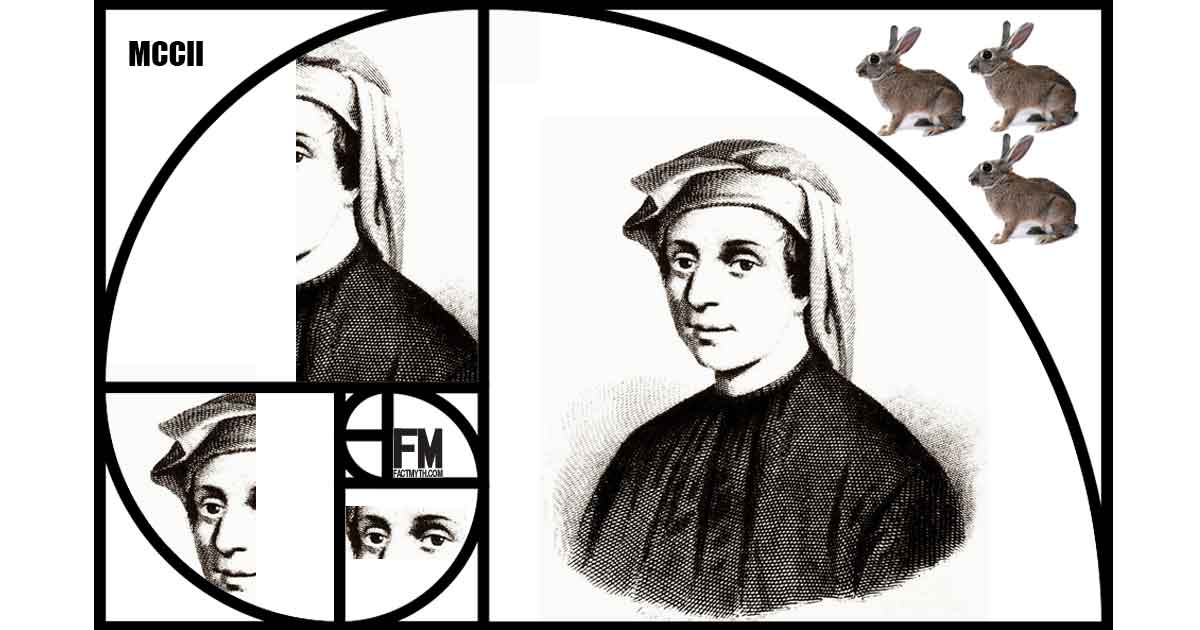
Leonardo Fibonacci introduced the modern decimal numeral system (the Hindu–Arabic numeral system) to Europe in 1202. Before this Roman numerals were used.
History is the study of events that have occurred in the past.

Leonardo Fibonacci introduced the modern decimal numeral system (the Hindu–Arabic numeral system) to Europe in 1202. Before this Roman numerals were used.
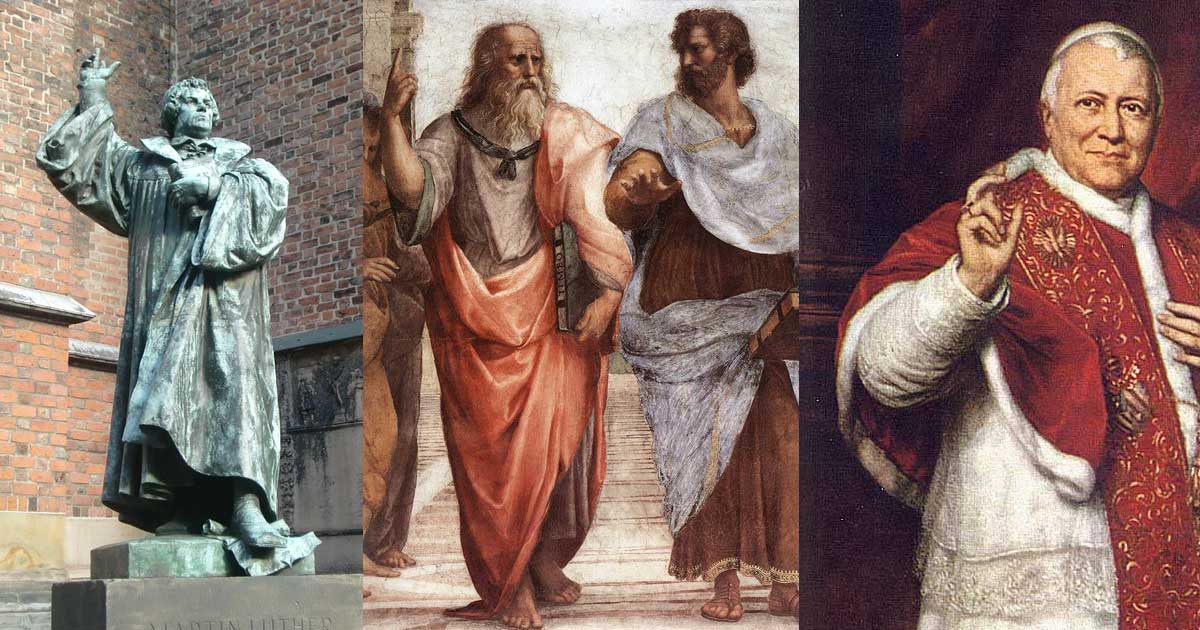
Historically, Protestantism is like classical liberalism (individual liberties and rights) and Catholicism is like social liberalism (state enforced social justice).
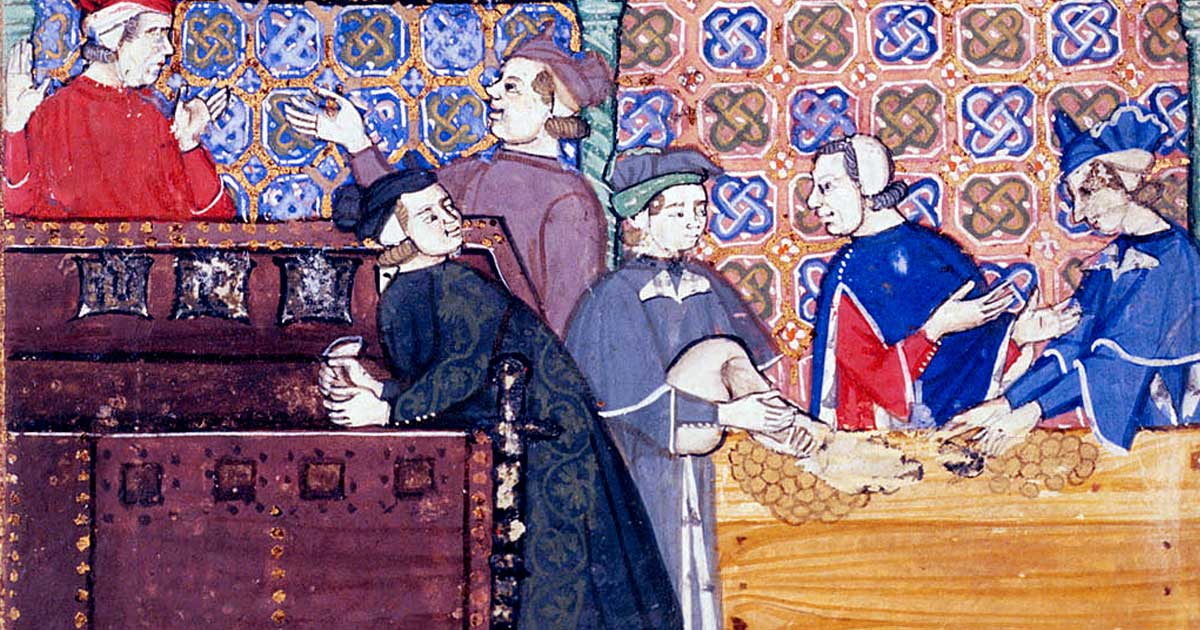
Modern banking originated in Italy around 1150 as Jews fleeing persecution brought new practices, including “discounting”, to the merchant banks of the Italian piazzas.
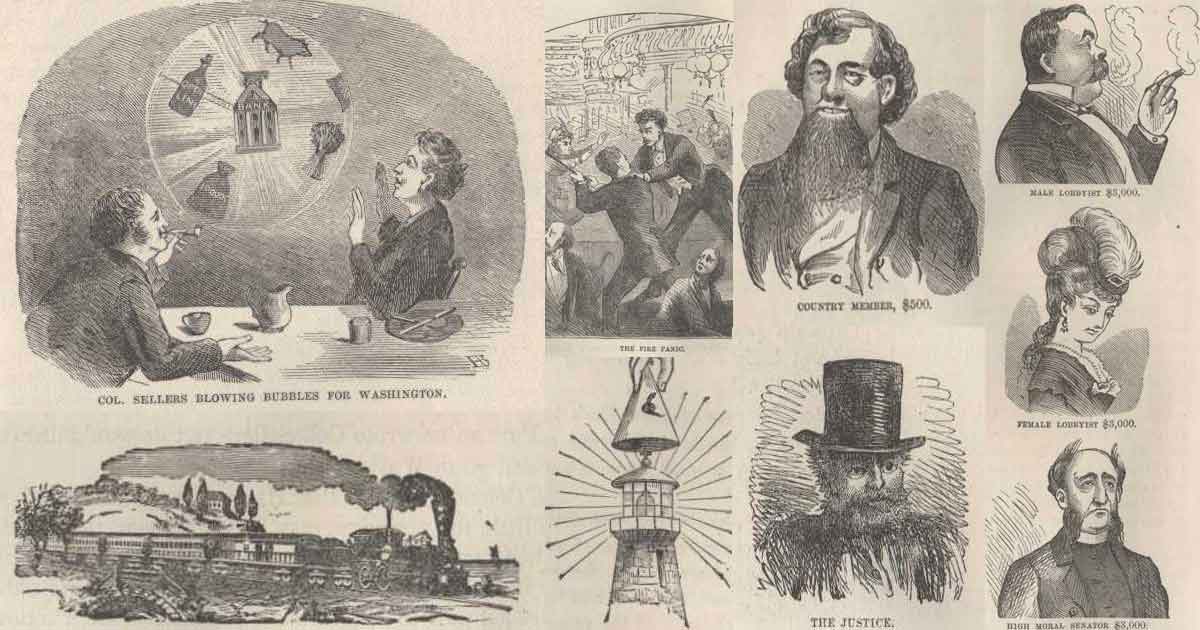
Below we present an annotated version of Andrew Carnegie’s 1889 essay Wealth (better known as the Gospel of Wealth).
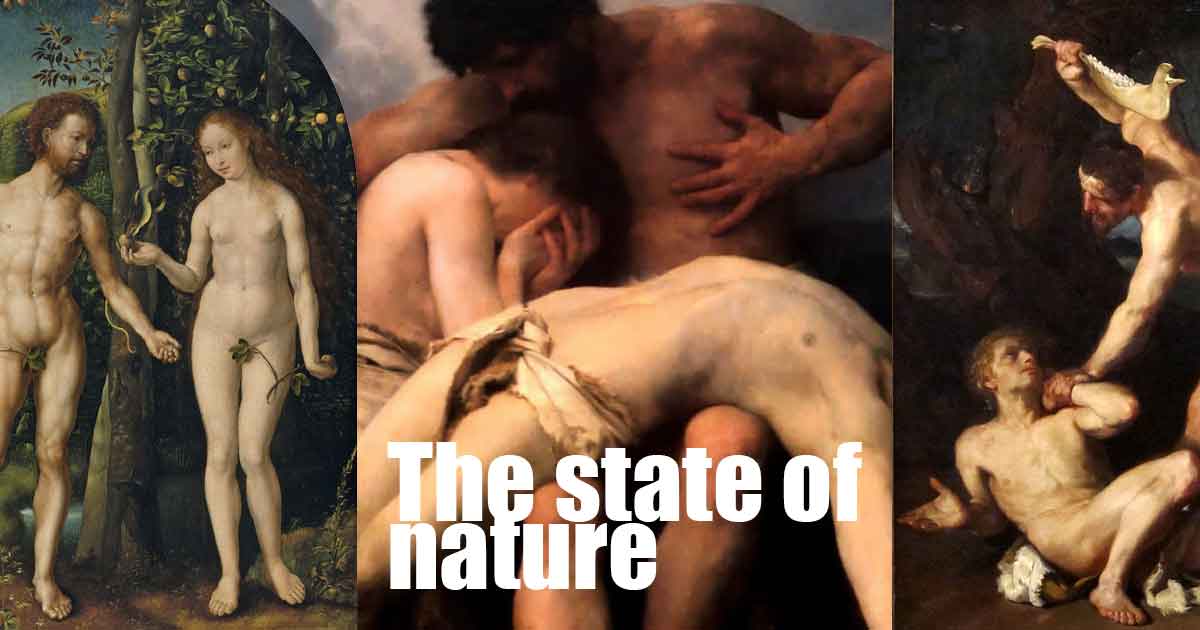
The state of nature is the state humans lived in before forming the first societies. By examining the state of nature we can better understand the implicit and explicit social contracts which govern societies.
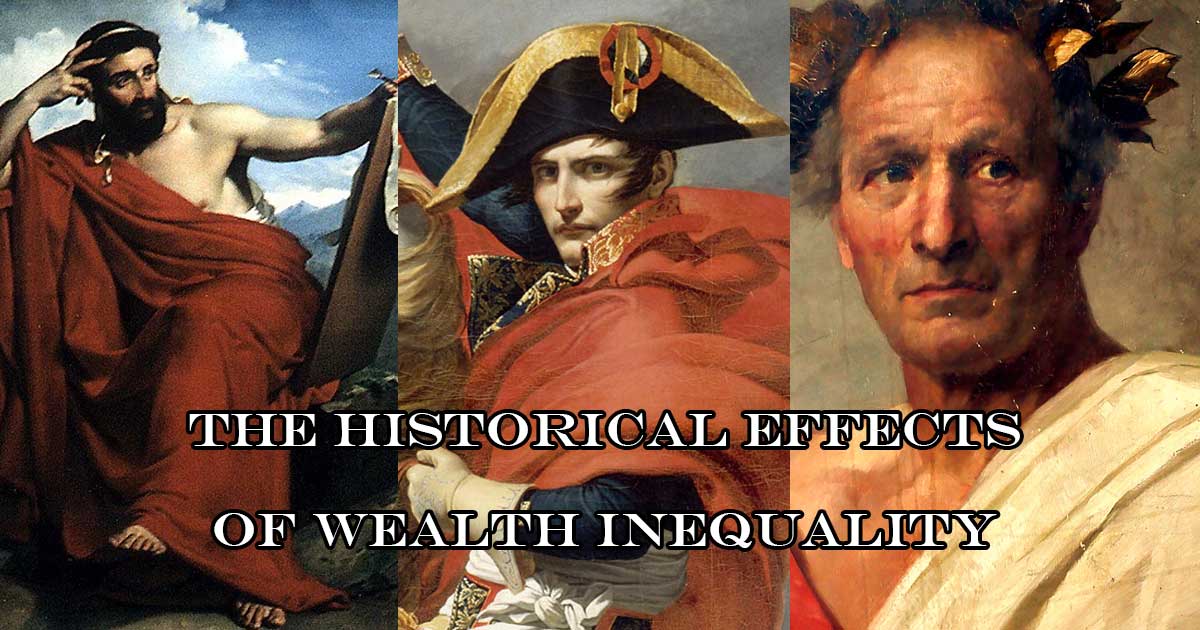
We examine the historical effects of social, political, and economic inequality on society to see how it has led to social unrest and events like revolutions and populist uprisings.
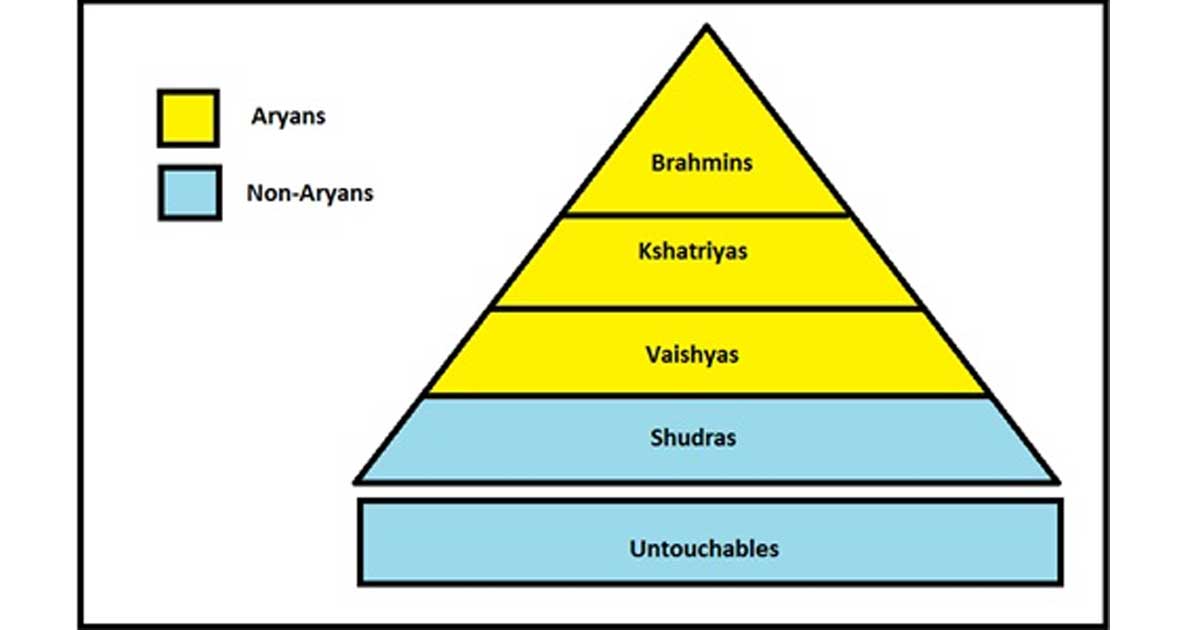
India’s caste system is a class system based on birth. These classes, or “Varnas”, are: Brahmins (priests), Kshatriyas (ruling and military), Vaishyas (merchants and farmers), Shudras (peasants), Dalits (untouchables).
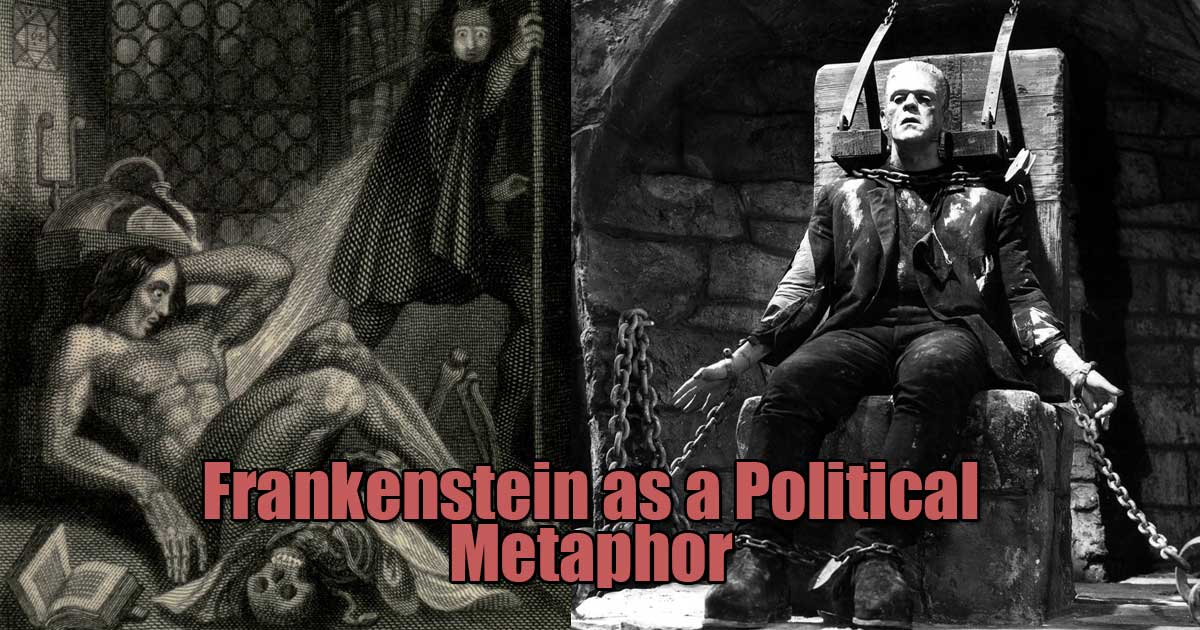
Mary Shelley’s Frankenstein (1818) can be read as a political metaphor where Dr. Frankenstein and his monster represent the philosophies and attitudes of the liberal revolutionaries, specifically those of the French Revolution and ensuing “Reign of Terror.”
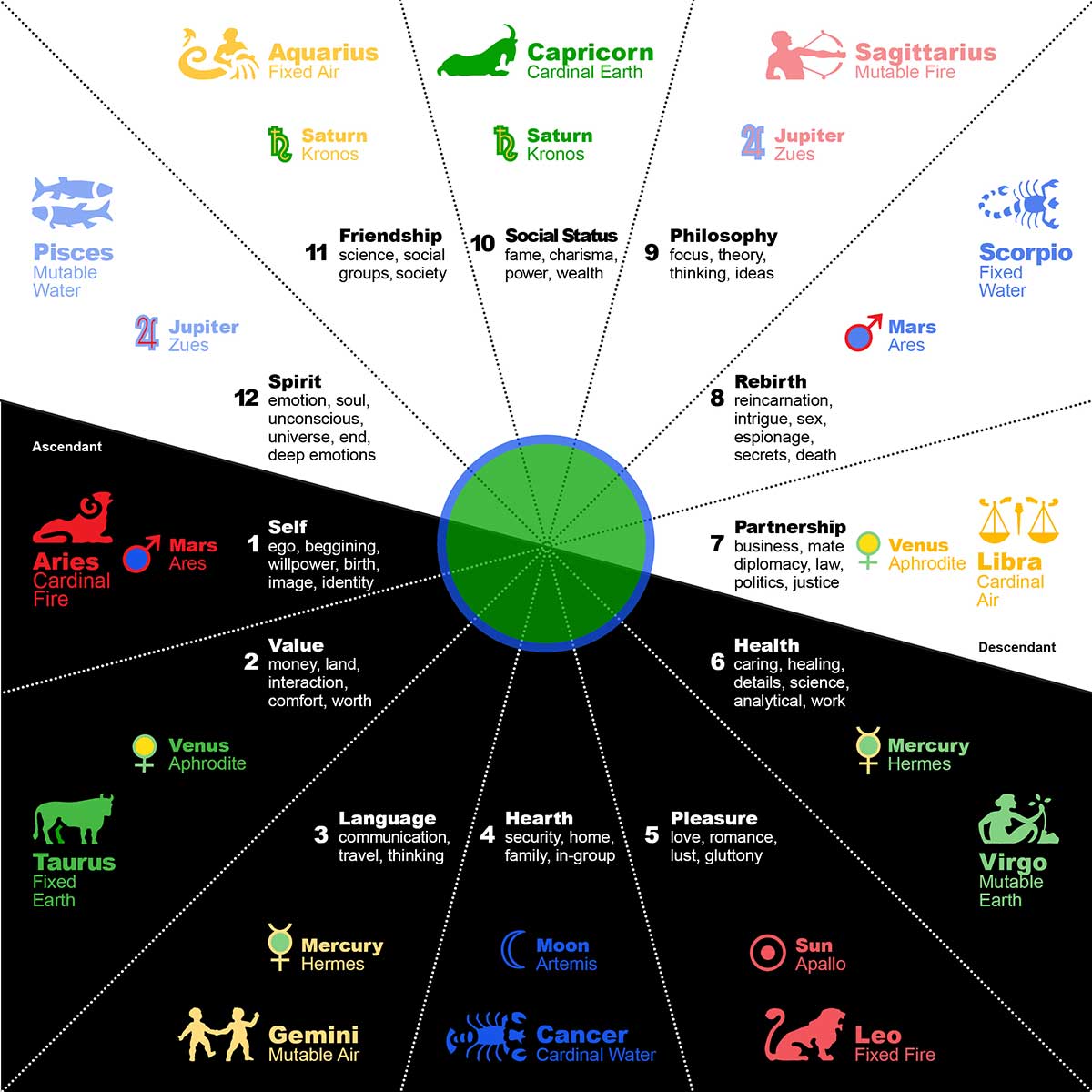
Western Classical Element Theory can be seen as a metaphor the human condition where fire is will and action, air is reason, water is the passions and spirit, and earth is the physical.

Jean-Jacques Rousseau’s concept of the General Will roughly means “that which is in the best interest of the people” or “the public good”, and not just popular consensus.